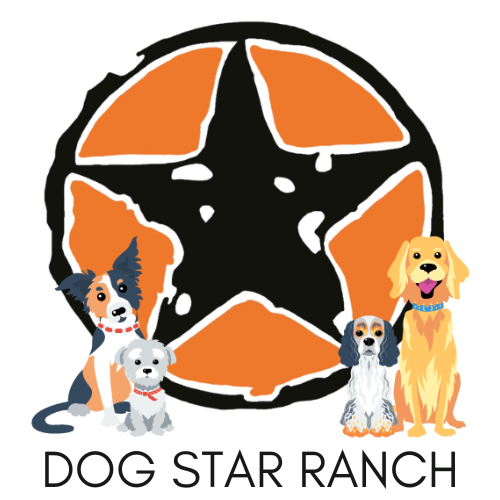Get to know Lauren
-
What training equipment do you use or recommend?
I recommend using a tool or tools that work for you and your dog. Something that makes you comfortable and that your canine responds to. This includes: harnesses, collars, leashes. Proper praise and corrections, along with the proper expectations that will help both you and your dog learn and grow together.
-
What happens in your training program when the dog does not respond in the way you want him to?
We use positive reinforcement, science based techniques and a marker (conditioned reinforcer) that helps the human praise their dog with quick and correct timing.
-
What happens in your training program when the dog does not respond in the way you want him to?:
We use positive reinforcement, science based techniques to give a correct and swift correction to improper behavior. We also teach the dog what is appropriate and what is not, along with learning that attention, even negative attention encouraged behavior good or bad. We learn how to give the behavior we want more positive attention while sometimes ignoring the bad behavior which helps the behavior we don’t want to subside, go away.
-
How do you correct unwanted behavior?
In general, we praise the good behavior and ignore the bad behavior. We also talk about the specific behavior and problem solve the right solution for the dog and their family. There are many tools in the tool box and we must find the right one. We do not hit and punish the dog for incorrect behavior we must catch the dog in the act and learn the proper correction in the moment it happens. We also learn to eliminate or change some of the things that allow the bad behavior, being proactive and thinking about the big picture. For example, your dog gets into the garbage, you will then put the garbage in a closet.
-
How will you know if the dog you are training is stressed during the training?
Dogs give us signals and communicate if they are happy or sad and everything in between. In this class you will all about canine body language and communication, how to read it and what it all means. If you dog is stressed in class we will not push them but help them get comfortable and to have a positive time, so that they will start to associate class with positive and fun engagement.
-
What professional dog training associations are you a member of?
I am a Certified Pet Dog Trainer-Knowledge Assessed
CPDT-KA
-
What type of training do you prefer? Group classes, one-on-one, special needs, agility, etc.?
I love Group Classes for general information and socialization with people, places, and things. I also love One-On-One’s with a family and their dog if they need more specific instruction or other tools for a specific issue they may be having.
-
How many years have you been working in the field of dog training and/or behavior?
10
-
What type of dog training have you done?
Basic training using positive reinforcement, negative reinforcement, positive punishment, negative punishment. Along with science based techniques.
-
What type of preliminary education in learning theory, behavior analysis, animal husbandry, and ethology do you have?
10 years of experience in all areas of a dogs life. Reading, research and conferences to continue in with learning and gaining knowledge as new techniques and and tools come out each year.
-
What type of training do you practice?
Positive Reinforcement, Negative Reinforcement, Positive Punishment, Negative Punishment
